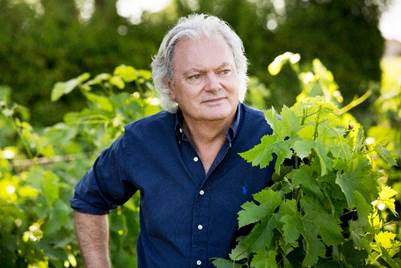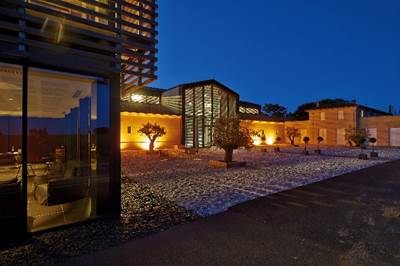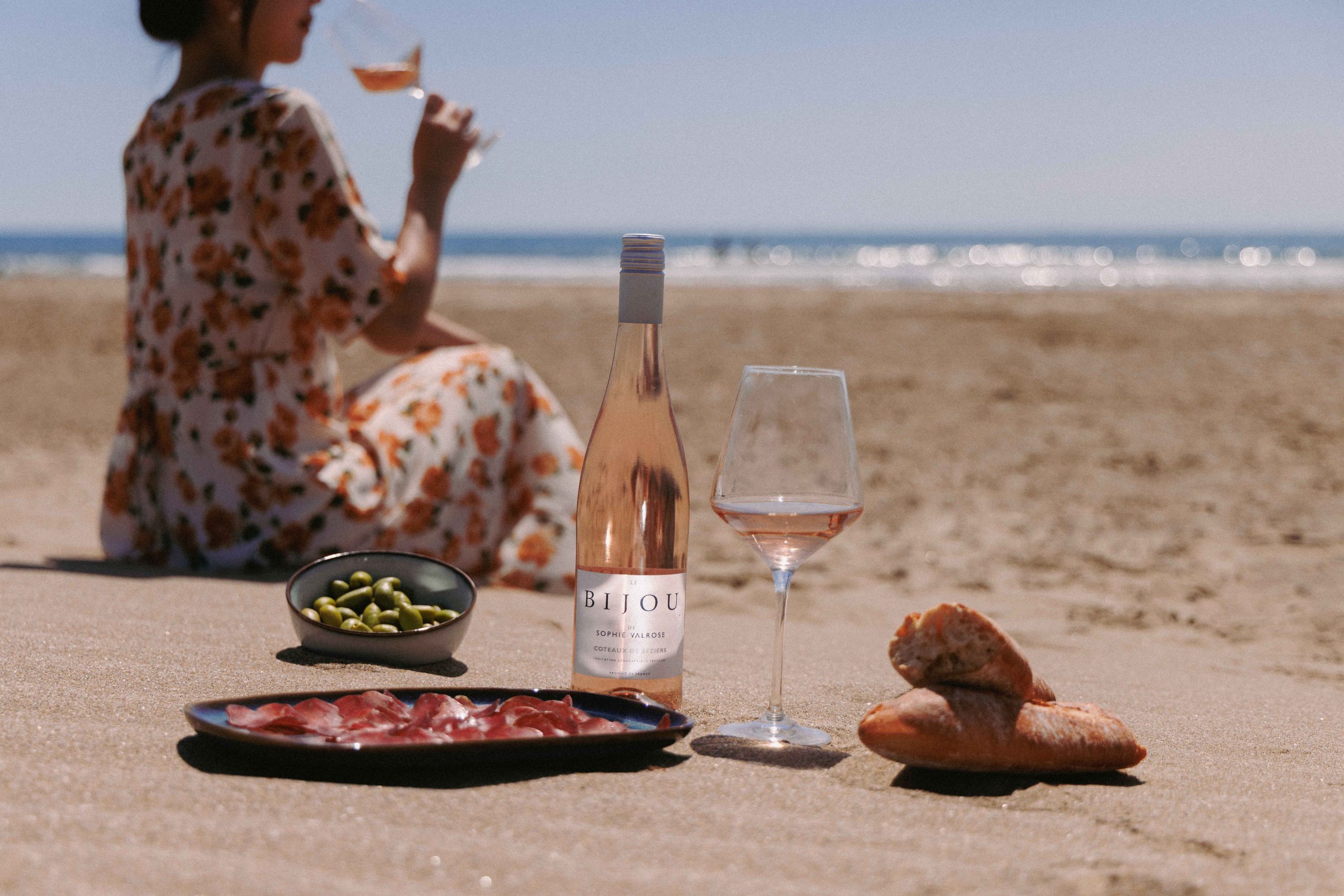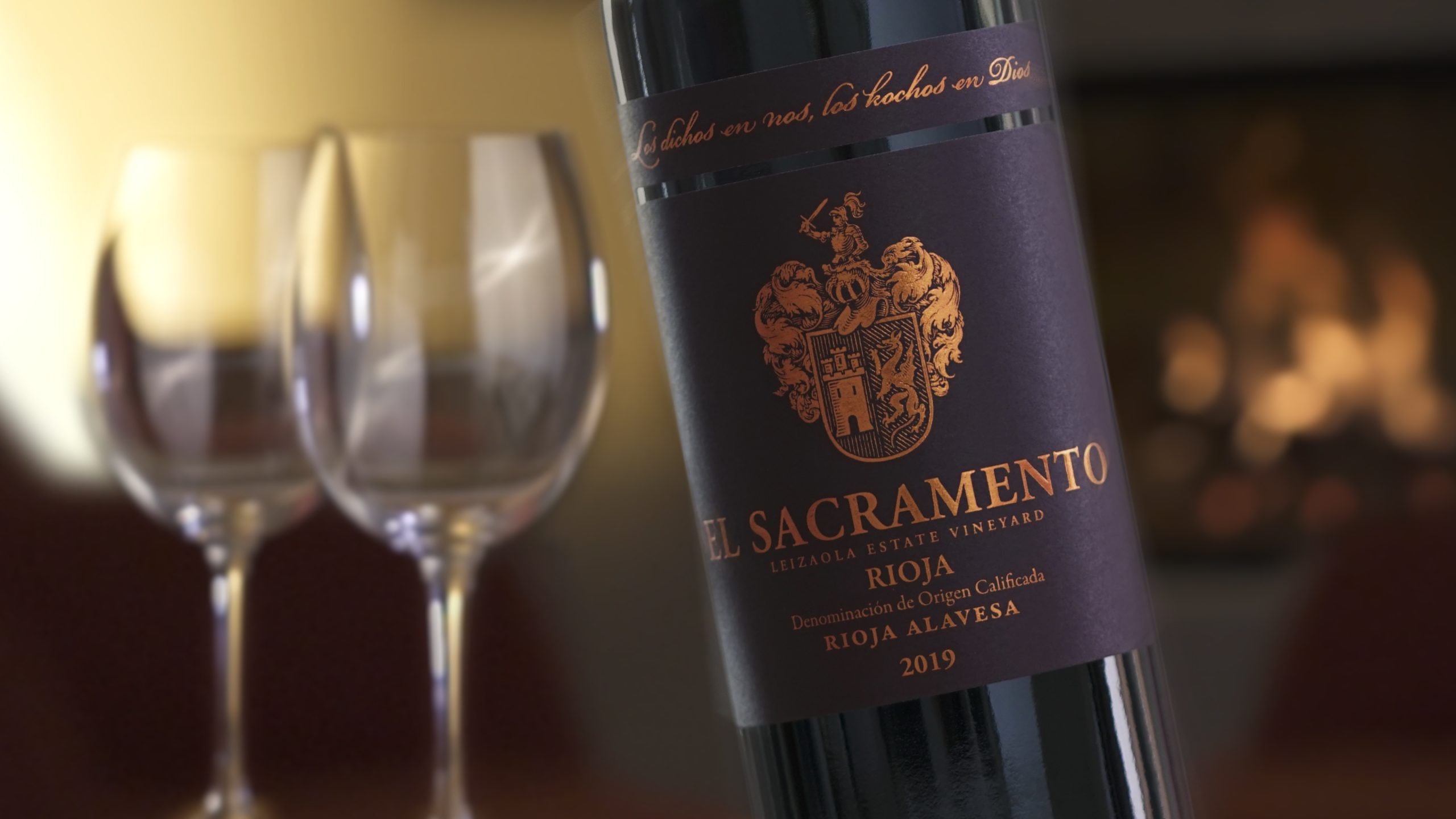Mentzendorff to plug gap in the UK market for affordable, mature Bordeaux
By Patrick SchmittUK wine distributor Mentzendorff is to plug “a gap in the market” for affordable, mature Bordeaux by taking on a brand from Château Angélus owner Hubert de Boüard de Laforest.

The wine hails from the Bordeaux ‘satellite appellation’ of Lalande de Pomerol, where de Boüard owns a property called Château La Fleur de Boüard, a 25-hectare estate he acquired in 1998, and which is managed by his daughter Coralie de Boüard.
Explaining the decision by Mentzendorff to take on the de Boüard Bordeaux, the first time it has distributed a wine from the region for over 30 years, UK MD of the distributor, Andrew Hawes, told db last week that it had spotted an opportunity for ready-to-drink, good-value wines from this famous French region.
“We are expanding our business very significantly in regional independents and the top end of the on-trade and we know that some of Bordeaux’s satellite appellations, such as Lalande de Pomerol, produce wines that are stunning value, and we know there is a demand in the market for a price level of Bordeaux that is different to the stratospheric stuff,” he told db.
Continuing, he said, “We are selling wines you can drink – the property has held back and cellared wines from vintages such as 2011, 14 and 15, and there is a gap in the market for that; there is a need for readily-accessible, drinking Bordeaux in this middle sector.”
In Bordeaux, Hubert de Boüard de Laforest is best known for his flagship property, Saint-Emilion Grand Cru Grade A Château Angélus, which, like the vast majority of high-end brands from this part of France (and an increasing number of fine wines from other parts of the world), sells through the distribution system called La Place de Bordeaux.
Such an approach sees the wine sell en primeur (before it’s bottled in the spring after the most recent harvest) via a network of négociants, which quickly disseminate the wine globally, primarily to merchants, who sell it on to their customers as a ‘future’, meaning that these consumers will pay for the wine before receiving the bottled product at a later date.
So why would de Boüard choose a different route to market for his Lalande de Pomerol property, and appoint a single, exclusive distributor in the market where the wine is due to be sold, as opposed to a network of négociants in the region where the product is made?
Partner Content
In essence, the reason relates to the fact that La Place de Bordeaux is an efficient and effective tool for the rapid global distribution of sought-after wines, but, because it is not geared towards building a brand’s reputation, those labels without the high-level of demand that comes with a strong image can struggled to trade via the négociants – only the famous are drawn quickly through the system.
In contrast, an importer and distributor such as Mentzendorff is focused on creating awareness and listings for the brands it represents, and across a range of trade customers – from merchants to bars and restaurants.
Doing this requires holding stock, offering customers credit, and providing repeated tastings, which is a very different approach to La Place de Bordeaux, which offers a set of wines to merchants worldwide at a particular time each year in a very focused manner.
Château La Fleur de Boüard, which had previously sold via Bordeaux’s négociants, has, one assumes, chosen to change its approach to the UK market, and partner with an importer, because the property needs to raise awareness and build its customer base, and that way it can find a market for its maturing stock of wines.
Meanwhile, de Boüard’s Château Angélus, which is a sought-after fine wine from a famous part of Bordeaux, will continue to trade through La Place de Bordeaux, whose négociants offer the property payment for the wine before it’s bottled, and a global network of merchants hungry to buy it, because these brokers are aware there is a latent demand for the brand before it’s ripe for delivery, and a long way before it’s ready to drink.
Read more
New World wine icons bolster La Place de Bordeaux





